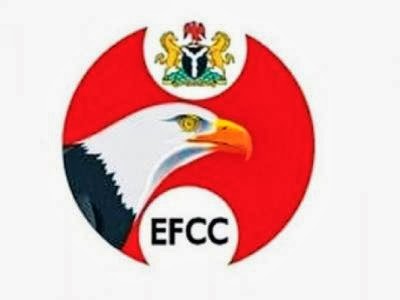OML 29, which holds the site of Nigeria’s first discovery, Oloibiri
field in addition to Nembe Creek field, Santa Barbara and Odeama Creek
fields, all producing is now at the center of tussle between two Russian
firms; Lukoil and L1 Energy.
Lukoil is Russia’s second largest oil company. The company was formed
in 1991 when three state-run, western Siberian companies merged. That
meant vertically integrating the three branches of the industry –
exploration, refining, and distribution – that were strictly separate
under the old Soviet system
Headquartered in Moscow, Lukoil is the second largest public company
(next to ExxonMobil) in terms of proven oil and gas reserves. The
company has operations in more than 40 countries around the world.
During the Obasanjo administration, Lukoil indicated interest in leading
a consortium of international and indigenous investors to acquire and
turn around the 210,000 bpd capacity Port Harcourt refinery that was
then slated for privatisation but the deal fell flat due to public
outcry. Recently, Lukoil outbid Rosneft and Gazpromneft-Noyabrskneftegaz
at auction for Siberian oilfields with a $1.66 billion.









